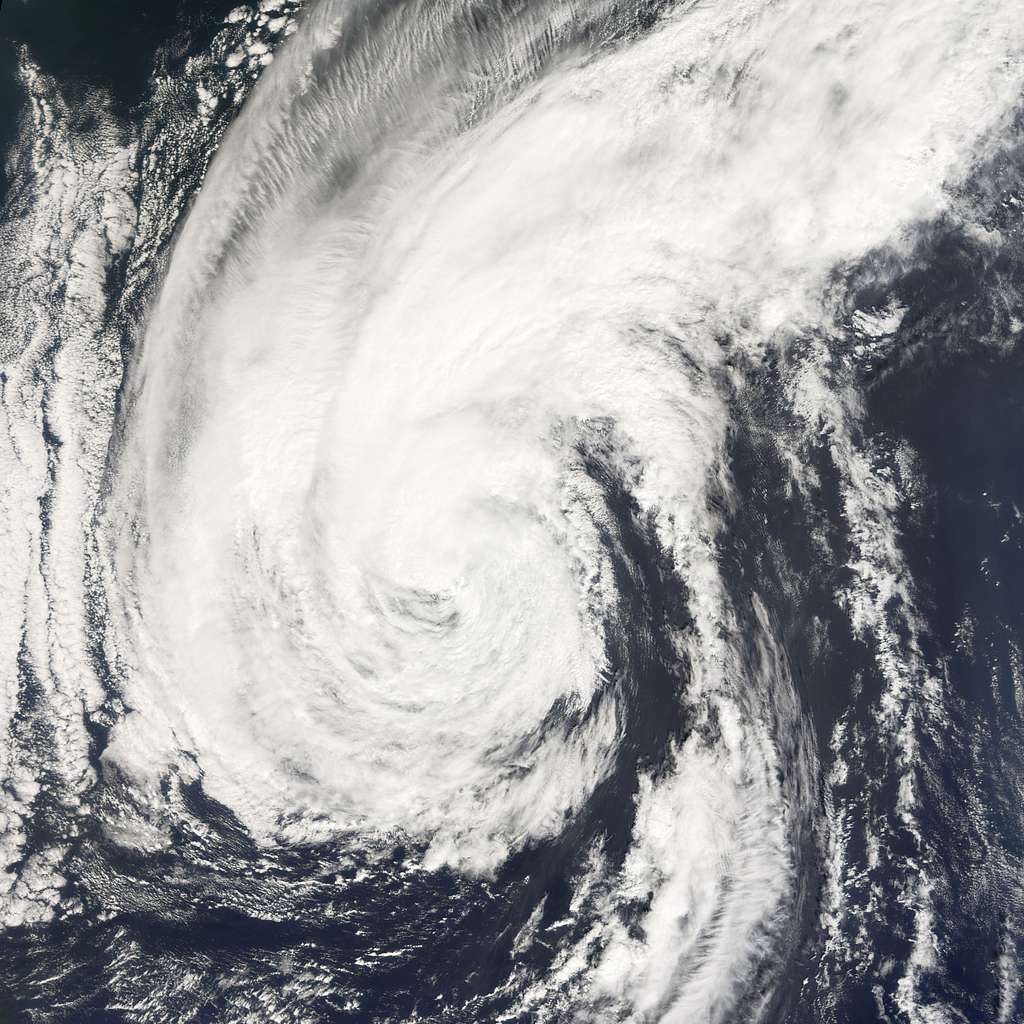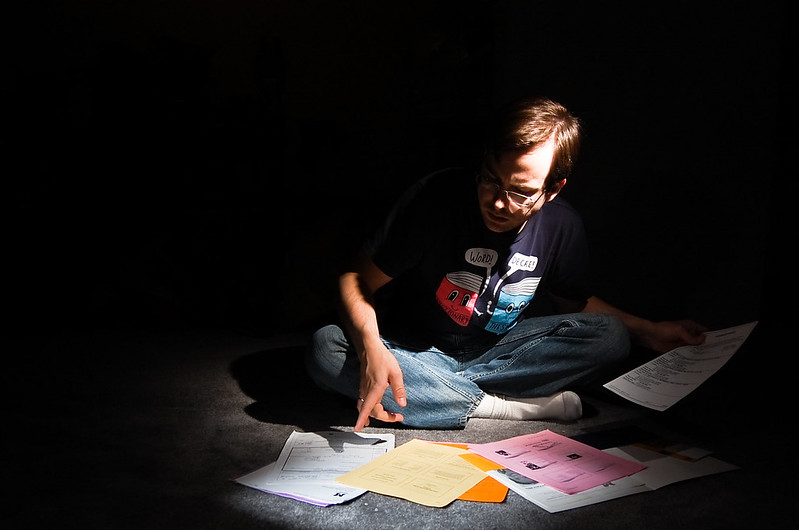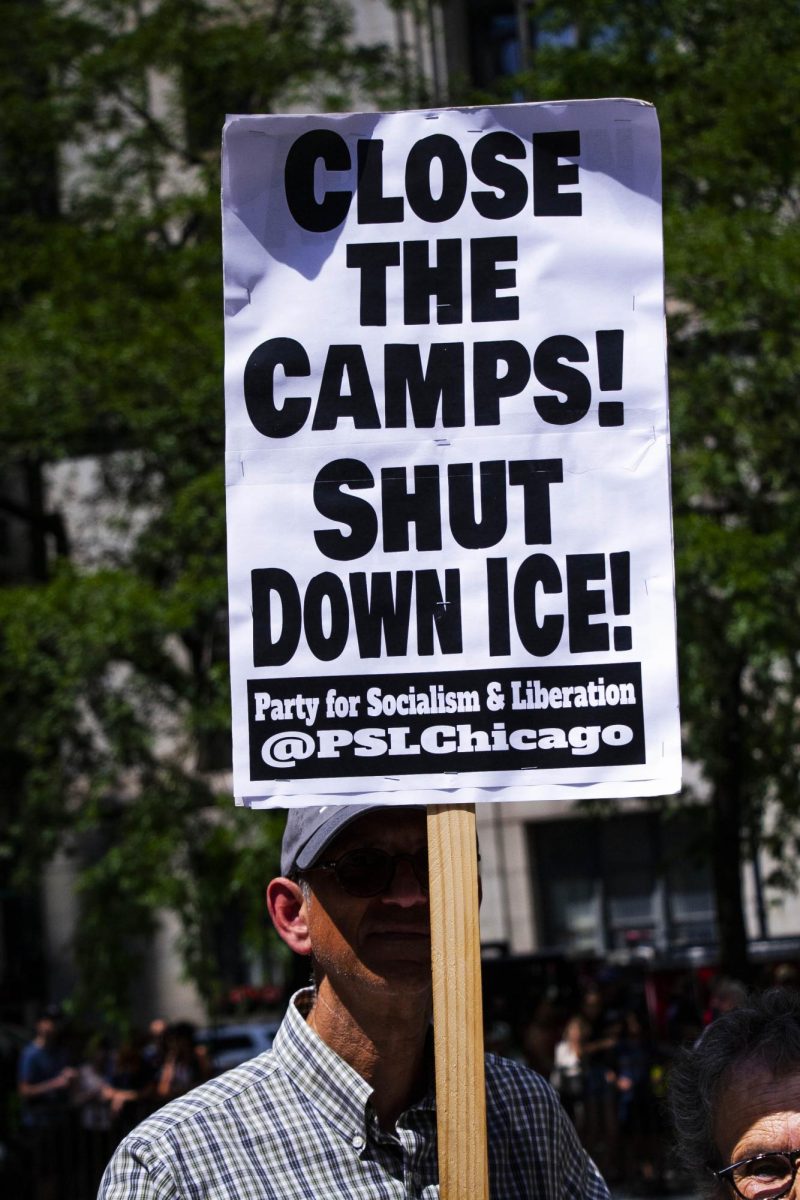What happens to incarcerated individuals when natural disasters hit?
They are left behind. Year after year, as natural disasters hit the US and evacuation orders are issued, prisoners are left behind to fend for themselves.
Authorities forced prisoners at Orleans Parish Prison (OPP) to stay in their cells during Hurricane Katrina in 2005. They were ordered not to move or escape under the threat of being shot. Prisoners went days without food, water or ventilation, with water levels rising up to their chests.
People in multiple prisons across Texas during Hurricane Harvey in 2017 were left in their cells without food or water, with water tainted with urine and feces up to their knees. Louisiana State Penitentiary, prisoners were abused with pepper spray and were neglected of medication when Hurricane Ida hit in 2021.
With our most recent hurricanes, Hurricane Helene and Hurricane Milton, nothing changed.
An attempt was made to evacuate prisoners in North Carolina during Hurricane Helene, but some delays led to prisoners in Mountain View Correctional Institution in Spruce Pine being left in their cells for almost a week without lights, water, food, or functioning bathrooms. Loved ones of prisoners at Mountain View were unable to get in contact with them during the storm. When loved ones of prisoners tried, they were met with a voicemail system that instructed callers only to leave messages for emergencies and not questions about the missing prisoners.
The prisoners endured neglectful care including rationed food that left them with four crackers a cup of juice for breakfast and two slices of bread with peanut butter for lunch and dinner. Prisoners were forced to defecate in plastic bags once the toilets in cells were filled, storing the bags within their cells. Sammy Harmon Jr, a prisoner a Mountain View, began to develop sores on his legs from the lack of sanitation.
After the storm, The Intercept, a non-profit news organization, interviewed prisoners, where they recounted several events where the guards verbally assaulted and abused prisoners with pepper spray. Even recalling prison guards beating an older prisoner for collecting too many bags of feces during the storm.
Keith Acree, the head of communications at the North Carolina Department of Adult Corrections (NCDAC), acknowledged that the prisoners resorted to these tactics to live. He said, “When it became apparent that power and water outages would be long-term, we made the [decision] to relocate offenders.” The choice to relocate them came after the storm had already afflicted the prisoners with a lack of lights and running water.
Prisoners in Avery-Mitchell Correctional Institution, who were evacuated one day before Mountain View, faced some of the same conditions. Avery-Mitchell, according to Keith Acree, was evacuated first –due to the style of rooming–however, the families of imprisoned individuals were confused as Mountain View and Avery-Mitchell prison are very close together and neither should have had priority over the other when it came to evacuation.
In Florida during Hurricane Milton, over 28,000 prisoners were in mandatory evacuation zones and were not evacuated. Those who were moved to safer facilities were still reported to have gone without power, medicine, or access to staff.
Even before being neglected, many prisoners in Florida were forced to clean up the aftermath of Hurricane Helene. Florida Governor Ron DeSantis said, “We’re utilizing our resources.” explaining the use of the prisoners is to save the state money as it would cost more to hire private contractors. This shows how little even state officials view the lives of those incarcerated. Viewing them as a “resource” rather than people they should be paying for their labor.
Society has always and is currently treating prisoners as if they are discardable. They are constantly viewed as a lower rank in society causing society to forget them in prisons when natural disasters like hurricanes occur. Incarcerated people should be given the same opportunities as others to live without having to worry about their safety. Prisons and prison staff should be well-equipped and trained to relocate prisoners if a natural disaster were to occur and should follow mandatory protocol to make sure all prisoners are cared for.
No one deserves to be left behind.







